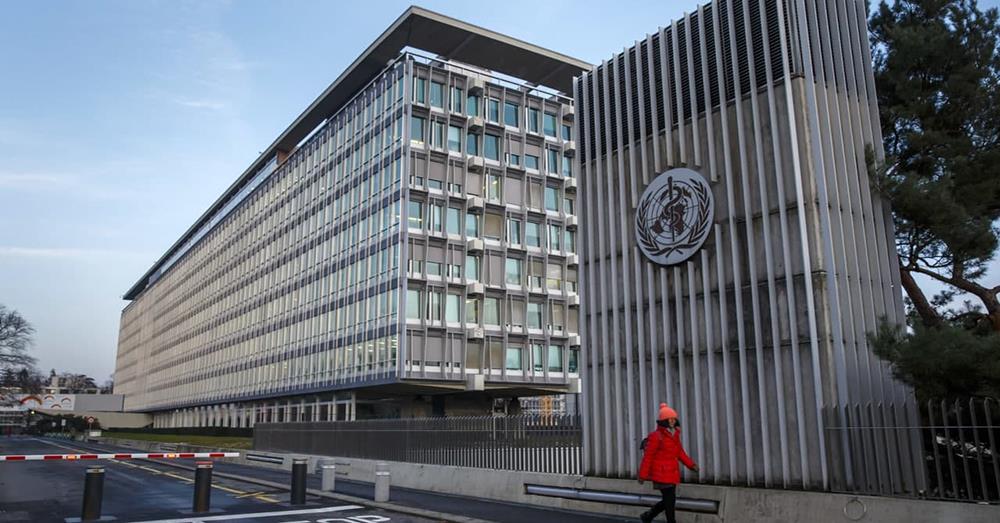GENEVA, Dec 9 (Reuters) - The World Health Organization warned wealthy countries on Thursday (Dec 9) against hoarding COVID-19 vaccines for booster shots as they try to fight off the new Omicron variant, threatening supplies to poorer countries where inoculation rates are low.
Many Western nations have been rolling out boosters, targeting the elderly and people with underlying health issues, but worries about the fast-spreading Omicron have prompted some to expand their programmes.
The WHO recommended boosters instead for those with health issues, or those who have received an inactivated shot.
The jury is still out on how effective current vaccines are against Omicron. They have so far proved hugely successful in slowing the spread of the coronavirus and the severity of illness, and low rates of inoculation pose the risk of more dangerous and more vaccine-resistant variants emerging.
"As we head into whatever the Omicron situation is going to be, there is risk that the global supply is again going to revert to high-income countries hoarding vaccine," the WHO's vaccine director, Kate O'Brien, told a briefing.
"... It's not going to work. It's not going to work from an epidemiologic perspective and it's not going to work from a transmission perspective unless we actually have vaccine going to all countries."
Mike Ryan, WHO emergencies director, said Omicron appeared to be "fitter and faster" but it was not invincible.
"We don't fully understand the implications clinically or the implications for our vaccines ... What we do in the coming days and weeks, both in terms of virus suppression, vaccination and equity will make a huge difference to the evolution of this pandemic in 2022," he said.
Omicron was first detected in southern Africa and Hong Kong and Africa accounts for 46 per cent of reported cases globally, Richard Mihigo, coordinator of the WHO's Immunisation and Vaccine Development Programme for Africa, told an online briefing.
Early hospital data from South Africa shows fewer than a third of patients admitted during the latest wave linked to Omicron were suffering severe illness, compared with two thirds in early stages of the last two waves.
Just 7.5 per cent of more than one billion people in Africa have had primary vaccine shots.


